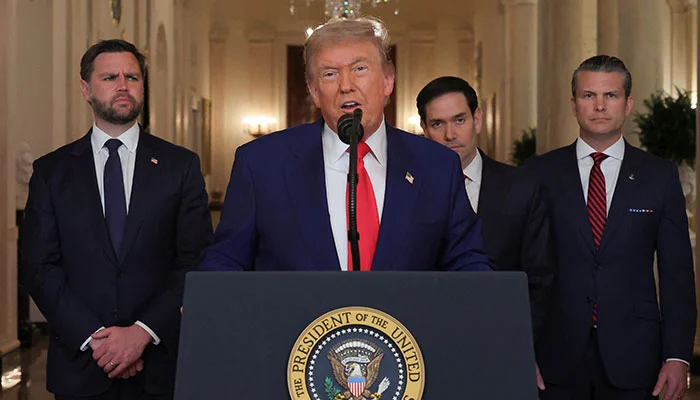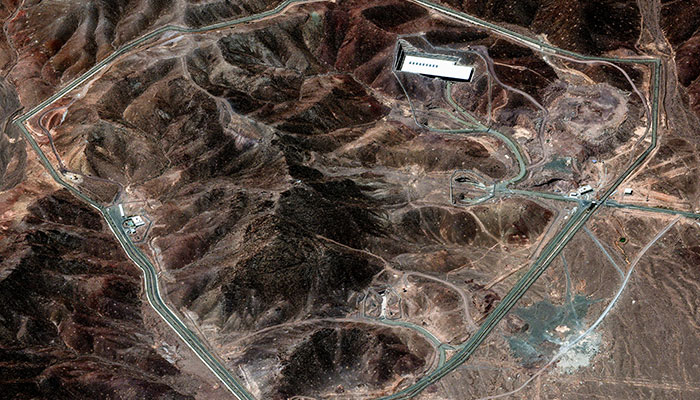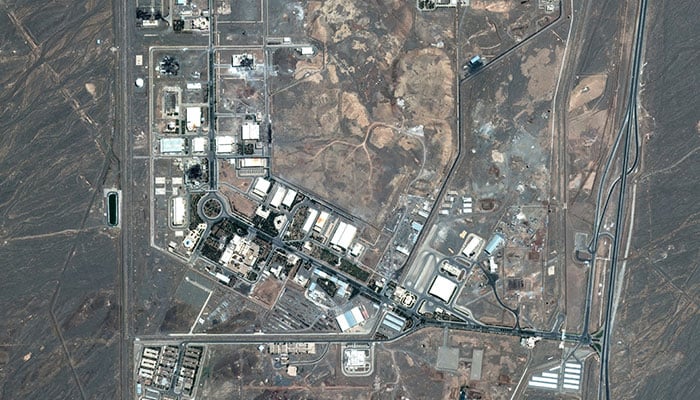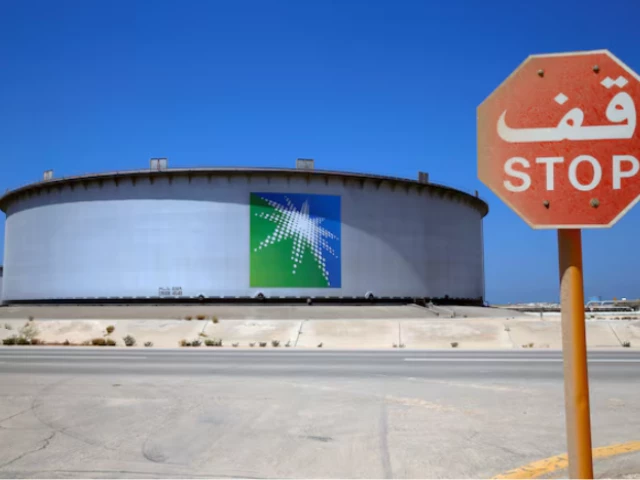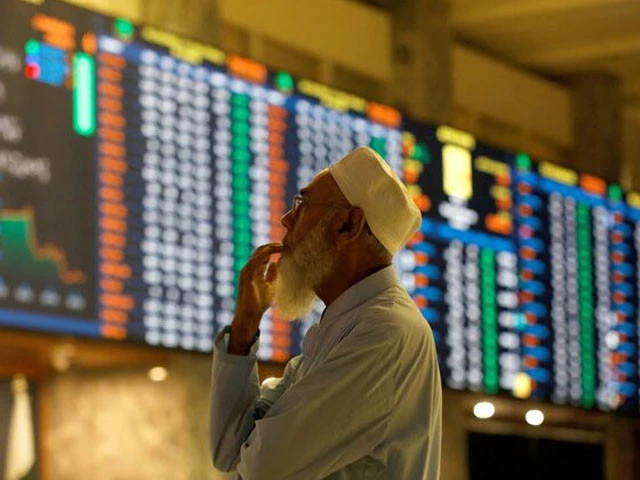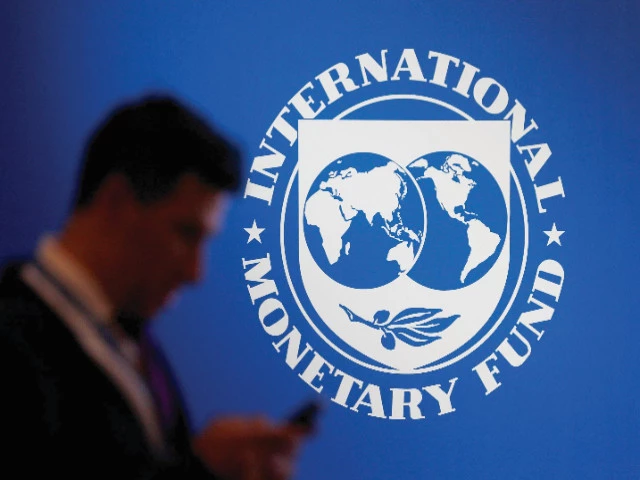WASHINGTON: President Donald Trump said on Saturday that US forces had destroyed Iran’s main nuclear sites in a major airstrike.
He called the attacks a “spectacular success” and claimed Iran’s nuclear programme had been completely wiped out. The strikes targeted three key locations — Natanz, Isfahan and Fordow.
Following days of deliberation—and well before his self-imposed two-week deadline—Trump’s decision to join Israel’s military campaign against its regional rival marks a major escalation in the conflict.
“The strikes were a spectacular military success,” Trump said during a televised address from the Oval Office. “Iran’s key nuclear enrichment facilities have been completely and totally obliterated.”
In a speech lasting just over three minutes, Trump said Iran’s future now held “either peace or tragedy” and warned that many other targets could be hit by the US military.
“If peace does not come quickly, we will go after those other targets with precision, speed and skill.”
According to CBS News, the US reached out to Iran diplomatically on Saturday to stress that the strikes were the full extent of US military plans and that Washington does not seek regime change.
Trump said US forces had struck Iran’s three main nuclear sites: Natanz, Isfahan, and Fordow. He told Fox News that six bunker-buster bombs were dropped on Fordow, while 30 Tomahawk missiles were fired at other nuclear facilities.
US B-2 bombers took part in the strikes, a US official told Reuters, speaking on condition of anonymity.
“A full payload of BOMBS was dropped on the primary site, Fordow,” Trump posted on social media. “Fordow is gone.”
“IRAN MUST NOW AGREE TO END THIS WAR,” he added.
Iran confirms hits on nuclear sites
An Iranian official, quoted by the Tasnim news agency, confirmed that part of the Fordow site had been hit by “enemy airstrikes.”
Earlier on Saturday, Reuters had reported movements of the B-2 bombers, which are capable of carrying the type of powerful bombs required to target deeply buried sites like Fordow, located under a mountain south of Tehran.
Trump spoke to Israeli Prime Minister Benjamin Netanyahu after the attacks, while the United States also gave key ally Israel a “heads up” before the strikes, a senior White House official told AFP.
Netanyahu congratulated Trump on the strikes, saying that “America has been truly unsurpassed”, adding that “with the awesome and righteous might of the United States will change history”.
“History will record that President Trump acted to deny the world’s most dangerous regime, the world’s most dangerous weapons,” the Israeli PM said.
Trump had said on Thursday that he would decide “within two weeks” whether to join Israel’s campaign — but the decision came far sooner.
The US president had also stepped up his rhetoric against Iran in recent days, repeating his insistence that it could never have a nuclear weapon.
Israel and Iran have traded wave after wave of devastating strikes since Israel launched its aerial campaign on June 13, saying Tehran was on the verge of developing a nuclear weapon.
‘All options to defend sovereignty’
Reacting to the US strikes, Iranian Foreign Minister Seyed Abbas Araghchi took to X to slam Washington’s action terming it as “outrageous” and warned of “everlasting consequences”.
“The US has committed a grave violation of the UN Charter, international law and the NPT by attacking Iran’s peaceful nuclear installations,” he said in a statement on X.
“Iran reserves all options to defend its sovereignty, interest, and people,” he warned.
Iran’s President Masoud Pezeshkian had warned earlier Saturday of a “more devastating” retaliation should Israel’s nine-day bombing campaign continue, saying Iran would not halt its nuclear programme “under any circumstances”.
On Saturday, Israel said it had attacked Isfahan for a second time, with the UN nuclear watchdog reporting that a centrifuge manufacturing workshop had been hit.
Iran’s Revolutionary Guard meanwhile announced early Sunday that “suicide drones” had been launched against “strategic targets” across Israel.
Iran denies seeking an atomic bomb, and on Saturday Pezeshkian said its right to pursue a civilian nuclear programme “cannot be taken away […] by threats or war”.

